Drug testing is a common practice in many workplaces and can be a cause of concern for those who have recently consumed marijuana. The internet is full of home remedies and supposed solutions for passing a drug test, and one that has recently gotten some attention is consuming alcohol. But does alcohol really help in flushing THC out of the system or does it make THC stay in the system longer?
Mixing weed and alcohol, also referred to as mixing alcohol and cannabis, can amplify intoxication and increase health risks such as greening out and alcohol poisoning.
In this article, we will explore the role of alcohol in the detox process from THC and investigate if drinking alcohol is an effective way to pass a drug test. We will delve into how the body processes alcohol, if alcohol can burn fat, and how alcohol affects THC levels in the bloodstream. Once you have a better understanding of the impact of alcohol on THC detox, you will be able to make an informed decision on how to approach a drug test.
How the Body Processes Alcohol Consumption
When we consume alcohol, it’s quickly absorbed in the stomach and small intestine and circulates throughout our bloodstream. The liver plays a crucial role in breaking down the alcohol and neutralizing its effects. Alcohol’s physiological effects on the liver and kidneys include increased workload and potential damage over time, especially with heavy or chronic use. Until the liver completes this task, alcohol continues to circulate in the bloodstream and can affect various organs in the body, including the brain which can cause the feeling of being drunk. The effects of alcohol on mood, behavior, and physiological responses are well-documented, ranging from initial euphoria and lowered inhibitions to impaired coordination and judgment. Consuming large amounts of alcohol in a short time frame can lead to alcohol poisoning, a critical condition that affects vital brain functions and can result in death.
The liver’s job is not the only one that’s affected, the kidneys are also impacted by alcohol. Alcohol is known as a diuretic which prompts the kidneys to release water and inhibit the activity of antidiuretic hormones (ADH). This results in increased urination, but it doesn’t necessarily mean that more toxins are being expelled from the body. In fact, this process can leave the body in a state of dehydration which can interfere with the body’s natural detox process. It’s important to note that the effects of alcohol as one substance are different from the effects that occur when alcohol is combined with other substances, such as cannabis, which can amplify risks and alter physiological responses. For this reason, using alcohol as a means to detox from THC is not a viable option.

Can Alcohol Burn Fat?
THC is stored in the body’s fat cells as a metabolite, releasing these metabolites into the bloodstream is crucial for the detox process. Burning fat is the key for releasing these metabolites and the faster you can burn fat, the faster you can detox from THC. One theory is that alcohol consumption can help burn fat, which is how this theory as alcohol for THC detox began. Studies show that drinking alcohol might help with weight loss, however, it’s not a guarantee that consuming alcohol will burn enough fat to pass a drug test. Consuming more alcohol does not necessarily improve detox and can have negative health consequences.
Chronic cannabis users may have higher detection rates due to THC accumulating in fatty tissues, resulting in a longer elimination process of the metabolites from the body.
Some guidelines suggest drinking eight ounces of alcohol every day to burn fat, but it’s important to note that there are many variables such as overall body fat percentage and type of alcohol consumed that can impact the effectiveness of this plan. Remember that consuming alcohol excessively can also lead to weight gain, so it is important to keep a balance. Additionally, alcohol increases the absorption of other substances, including THC, which can complicate detox efforts.
Patterns of cannabis consumption, such as frequency and method, also play a role in THC detection and elimination.

THC Metabolism and Elimination
THC, the primary psychoactive compound in cannabis, undergoes a complex metabolic process in the liver. Once THC enters the bloodstream, it is transported to the liver, where it is broken down into various metabolites. These metabolites, including the well-known THC-COOH, are then excreted from the body through urine, feces, and sweat. Marijuana impacts the central nervous system by affecting brain functions such as memory, perception, and cognition, which can be intensified depending on dosage and individual response.
The rate at which THC is metabolized and eliminated can vary significantly from person to person. Factors such as the amount of THC consumed, individual metabolic rate, and the presence of other substances, like alcohol, can all influence this process. The effects of an individual substance, such as THC alone, may differ greatly from the combined effects experienced when alcohol and THC are used together. For instance, chronic users of cannabis may have a slower rate of THC elimination due to the accumulation of THC in their fat cells. Additionally, the presence of alcohol can further complicate this process, as it can affect the liver’s ability to metabolize THC efficiently. The combined effects of alcohol and THC on metabolism and elimination can be complex and may lead to unpredictable outcomes, with some studies showing inconsistent results. While this might result in a more intense high, it also raises the risk of adverse effects such as anxiety, paranoia, and impaired cognitive function.
How Mixing Alcohol and Marijuana Affects THC Metabolism
When you mix alcohol with THC, it can significantly alter how THC is metabolized in your body. Drinking alcohol can increase the absorption of THC, leading to higher levels of this psychoactive compound in your bloodstream. This happens because alcohol enhances the permeability of your gut, allowing more THC to enter your system. Additionally, alcohol can slow down the metabolism of THC, prolonging its effects. When alcohol is combined with THC, studies have shown that the co-administration can influence both the intensity and duration of drug effects, sometimes resulting in additive or mitigating interactions depending on dosage and method of use.
Research indicates that consuming alcohol before using cannabis can boost peak THC levels in the bloodstream by up to 30%. Research on alcohol and cannabis co-use highlights the prevalence and complex interactions between these substances, especially in simultaneous use scenarios. While this might result in a more intense high, it also raises the risk of adverse effects such as anxiety, paranoia, and impaired cognitive function. Users often report distinct subjective effects when both substances are used together, including changes in mood, arousal, and perceived intoxication. Chronic alcohol consumption further complicates this process. Studies show that chronic alcohol users have lower levels of the enzyme responsible for breaking down THC, resulting in higher THC levels in the bloodstream and a longer duration of its effects.
Alcohol and THC Levels
A recent study found that when alcohol is consumed in conjunction with marijuana, it can greatly increase the level of THC in the bloodstream. In this study, researchers analyzed data from 19 cannabis users separated into two groups.
In the study, one group consumed a small amount of alcohol before inhaling vaporized cannabis, whereas the other group consumed a placebo before smoking. The findings demonstrated that individuals who consumed alcohol had much higher levels of THC in their bloodstream as compared to the placebo group.
Various drug tests can detect marijuana in the body, with different detection windows based on the method used, such as urine, blood, saliva, and hair tests. Elevated blood alcohol level can further increase impairment when combined with marijuana. Monitoring blood alcohol levels is important for assessing intoxication and risk, especially when both substances are used together.
This increase in THC levels not only raises concern for drug testing but also has dangerous implications for driving, as it was found that those who consumed alcohol and marijuana together showed greater levels of impairment than those who consumed marijuana alone. This increased impairment raises the risk of car crashes, with an increased risk and increased likelihood of car accidents when both substances are used.
Combining weed and alcohol, or choosing to mix marijuana with alcohol, significantly increases the dangers and health risks associated with both substances.
Cross Faded: The Dangers of Mixing Substances
Mixing alcohol and marijuana—often called getting “cross-faded”—is more than just a party trend; it’s a risky combination that can have serious consequences. When you combine alcohol and marijuana, the psychoactive component of marijuana (THC) is absorbed more rapidly, intensifying its effects. This can lead to stronger impairment, altered perception, and a much higher risk of accidents or injuries compared to using either substance alone.
Drinking alcohol while using marijuana can amplify negative effects such as nausea, dizziness, and confusion. The combined effect of these two substances can also increase the likelihood of developing substance use disorders, including alcohol use disorder and cannabis use disorder. Young adults and those with a history of substance use are particularly at risk. Mixing alcohol and marijuana doesn’t just impact your immediate experience—it can also contribute to long-term problems with alcohol use, cannabis use, and overall health. If you choose to use either alcohol or marijuana, it’s safest to avoid combining them to reduce the risk of negative effects and substance use disorders.
Bad Reaction: Signs and Symptoms
A bad reaction to mixing alcohol and marijuana can happen quickly and may be more severe than using either substance alone. Common signs and symptoms include nausea, dizziness, vomiting, increased heart rate, and an altered sense of reality. In some cases, people may experience “greening out,” which is marked by extreme discomfort, anxiety, and paranoia. This can be frightening and may require immediate support.
If too much alcohol is consumed, alcohol poisoning becomes a real and life-threatening risk. Symptoms of alcohol poisoning include confusion, repeated vomiting, seizures, slow or irregular breathing, and loss of consciousness. If you or someone you know shows any of these signs after mixing alcohol and marijuana, seek medical attention right away. Prompt medical attention can be life-saving, especially when dealing with alcohol poisoning or severe reactions to mixing alcohol and marijuana.
The Impact of Alcohol on Drug Test Results
Alcohol consumption can also influence drug test results, especially when it comes to detecting THC. As previously mentioned, alcohol can increase THC absorption, leading to higher levels of the compound in your bloodstream. This heightened level can make it more likely for you to test positive for THC, even if you haven’t consumed cannabis recently. The concurrent use of alcohol and cannabis can further complicate drug test outcomes, as using both substances within a similar timeframe may increase the likelihood of detection.
Moreover, alcohol can affect your body’s ability to metabolize THC, extending the duration of its effects. This means that THC can stay in your system longer, increasing the detection window for drug tests. When both alcohol and cannabis are used together, the risks of prolonged detection and potential health consequences are heightened. It’s important to note that the impact of alcohol on drug test results can vary depending on the type of test used. Urine tests, for instance, are particularly sensitive to THC metabolites, but alcohol consumption can still affect the results of other tests, such as blood tests, if cannabis was consumed recently.
The potential for drug abuse increases when mixing weed with alcohol, making it important to understand the dangers and implications for drug testing.
Can Alcohol Help Pass a Drug Test?
In short, no, alcohol cannot help you pass a drug test. And it might actually increase the levels of THC in your blood before a drug test, so why risk it? This heightened level can make it more likely for you to test positive for THC, even if you haven’t consumed cannabis recently, thus extending the detection window. If you need to detox before a drug test, the best thing you can do is prepare in advance with a detox program.
Saliva tests can typically identify marijuana use for up to 24 hours, with some variations extending detection to 72 hours.
These trusted leaders are detox experts and have helped countless people pass a variety of drug tests with their comprehensive programs.
If you or someone you know is struggling with substance use, it's important to recognize the potential for substance use disorder or alcohol addiction as outcomes of problematic use. There are various treatment options available, including detox programs that help manage withdrawal symptoms, which can be severe or even life-threatening in some cases. Seeking professional help can provide a personalized, holistic approach to your recovery journey, supporting long-term healing and growth.
Factors That Influence THC Detection in Drug Testing
Several factors can influence how THC is detected in drug testing:
- Amount of THC Consumed: Higher THC consumption leads to higher levels in the bloodstream and a longer detection window. Different patterns of cannabis consumption, such as edibles, vaping, or smoking, can also affect how long THC is detectable.
- Frequency of Use: Chronic cannabis users typically have higher THC levels in their system compared to occasional users.
- Metabolism: Individuals with faster metabolisms tend to eliminate THC more quickly than those with slower metabolisms.
- Body Fat: THC is stored in fat cells, so individuals with higher body fat percentages tend to have higher levels of THC in their system.
- Type of Test: Urine tests are more sensitive to THC metabolites than blood tests.
Methods such as smoking weed or choosing to smoke marijuana can influence both THC detection times and potential health risks.
In rare cases of excessive use, marijuana overdose can occur, with symptoms such as chest pain, sedation, or confusion, especially when cannabis is combined with other substances.
Types of Drug Tests and Their Sensitivity
Different drug tests have varying levels of sensitivity to THC metabolites:
- Urine Tests: The most common type of drug test, highly sensitive to THC metabolites, detecting levels as low as 20 ng/mL.
- Blood Tests: Less sensitive than urine tests, capable of detecting THC levels as low as 2 ng/mL.
- Saliva Tests: Less sensitive than urine tests, detecting THC levels as low as 1 ng/mL.
- Hair Tests: The least sensitive to THC metabolites, detecting levels as low as 0.1 ng/mL.
Each test type has its own detection window and sensitivity, which can influence the likelihood of a positive result.
THC Dose and Detection Time
The detection time for THC can vary based on several factors, including the amount consumed, frequency of use, and the type of test used. Generally, higher THC doses result in longer detection windows:
- Low THC Dose (1-5 mg): Detection window of 1-3 days
- Moderate THC Dose (5-10 mg): Detection window of 3-7 days
- High THC Dose (10-20 mg): Detection window of 7-14 days
- Chronic Cannabis Use: Detection window of up to 30 days (how long one hit of weed stays in your system)
These are general estimates, and the actual detection window can vary based on individual factors such as metabolism and body fat percentage.
Drink Alcohol Responsibly
Drinking alcohol responsibly is key to reducing the risks associated with alcohol use. This means knowing your limits, drinking in moderation, and never mixing alcohol with other substances like marijuana. Before you drink alcohol, make sure to eat a meal and drink water throughout the night to stay hydrated and help your body process alcohol more safely.
Never drink and drive, and always plan for a safe way to get home. If you notice that your alcohol consumption is increasing or you’re struggling to control your drinking, it may be a sign of alcohol use disorder. In these cases, seeking help from a healthcare professional or a treatment center can make a big difference. Harm reduction strategies—such as setting limits, spacing out drinks, and avoiding mixing alcohol with other substances—can help you enjoy alcohol more safely and reduce the risk of negative effects.
Responsible Cannabis Use
Practicing responsible cannabis use is just as important as drinking alcohol responsibly. Start by knowing the laws and regulations about cannabis use in your area, and always use cannabis in moderation. Avoid mixing cannabis with other substances, especially alcohol, as this can increase the risk of negative effects and substance use disorders.
Be mindful of your own tolerance and start with low doses, especially if you’re new to cannabis or trying a new product. Using cannabis in a well-ventilated area and avoiding driving or operating machinery after use can help keep you and others safe. If you’re concerned about your cannabis use or notice signs of cannabis use disorder, don’t hesitate to reach out to a healthcare professional or treatment center. Harm reduction strategies, such as controlled cannabis vaporizer administration and avoiding mixing with alcohol or other substances, can help you minimize risks and enjoy cannabis more safely.
Skip the Booze and THC Detox Like a Pro
There's a lot of nonsense on the internet saying apple cider vinegar, certo, or cranberry juice will help you pass a drug test. We are here to definitively tell you that using alcohol to detox is not a smart idea, and it won't work anyway. Instead, support your body with detox tips and tricks, and invest in a detox kit or drink.
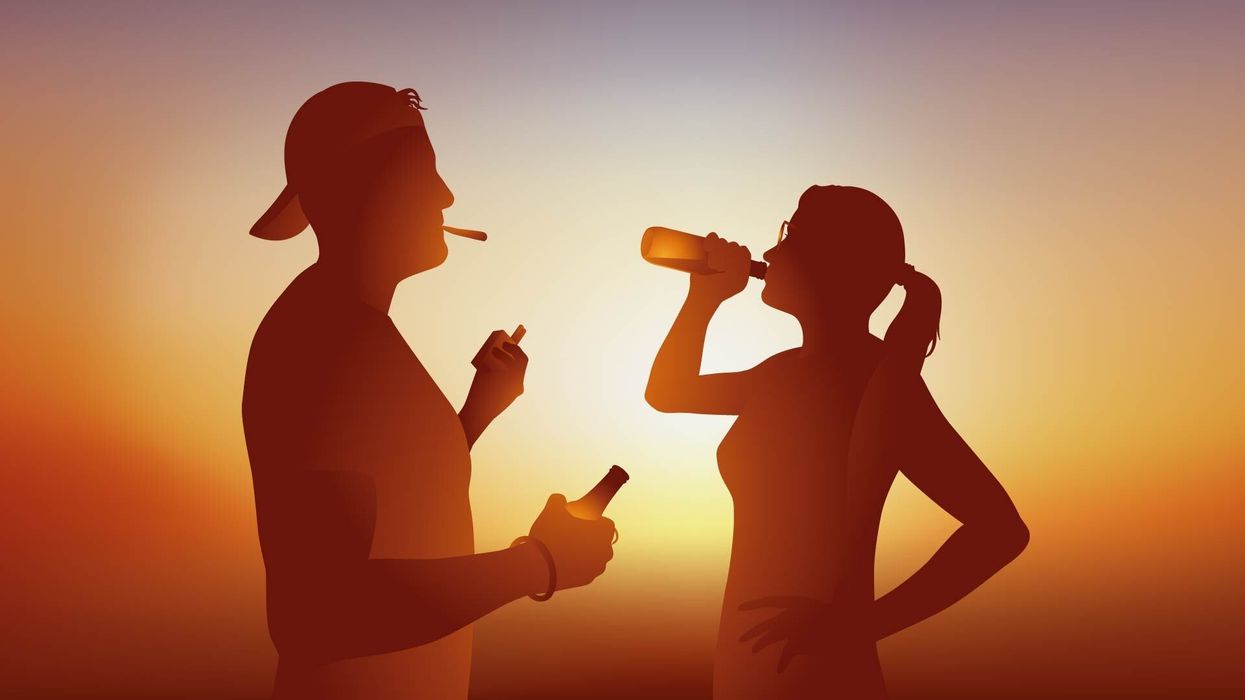





 What will you do with that cannabis kief collection? - Make Coffee! The Bluntness
What will you do with that cannabis kief collection? - Make Coffee! The Bluntness DIY: How to Make Kief Coffee - The Bluntness
Photo by
DIY: How to Make Kief Coffee - The Bluntness
Photo by 





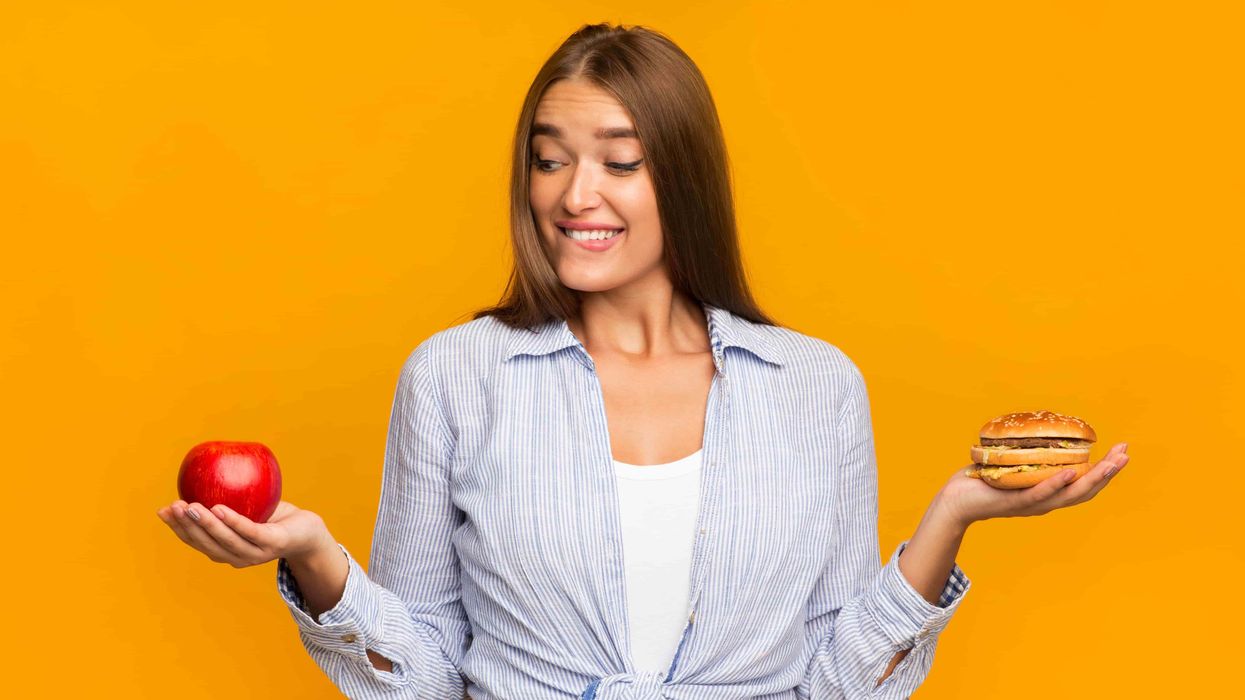


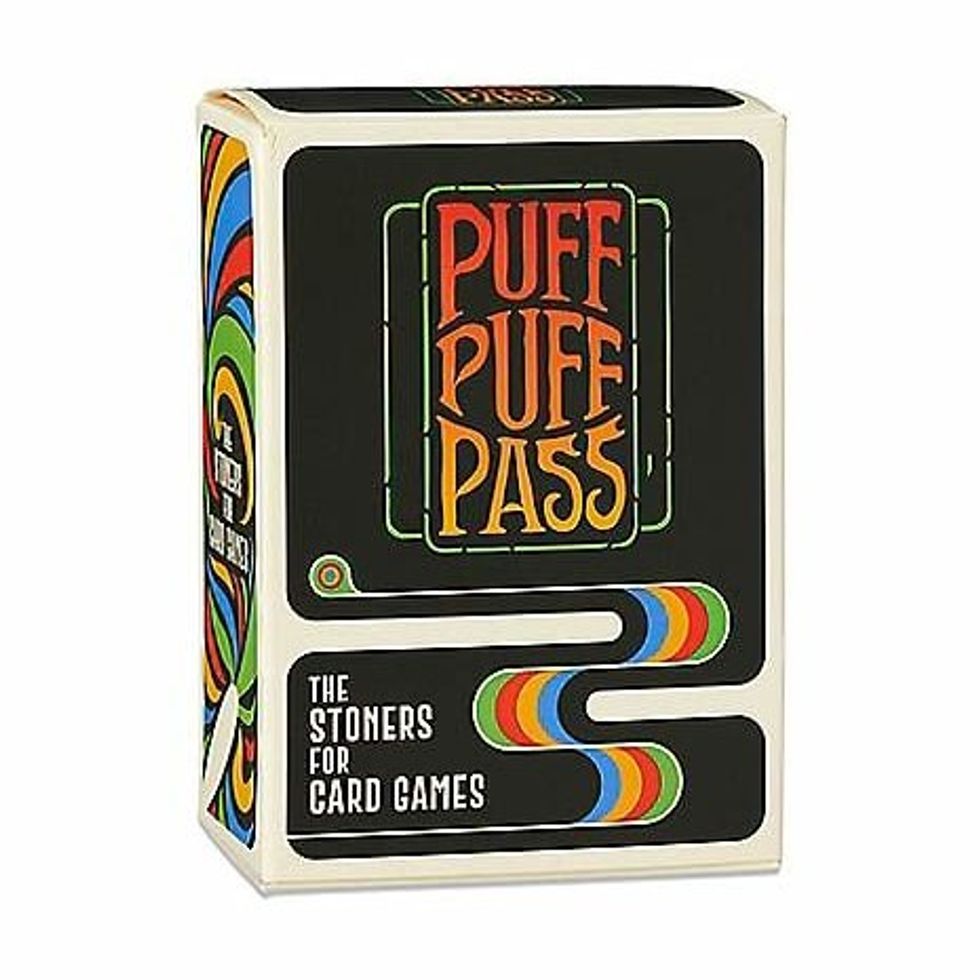
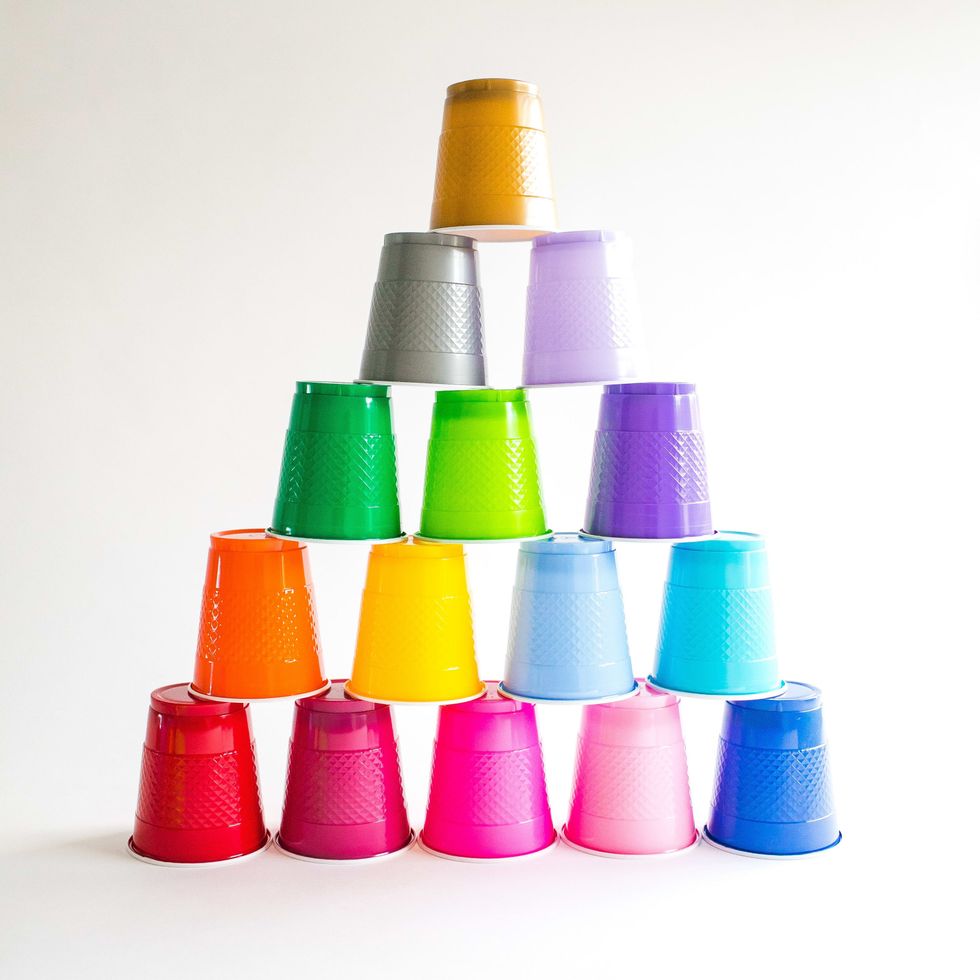
 Best Weed Smoking Games to Try - Jammin'
Best Weed Smoking Games to Try - Jammin'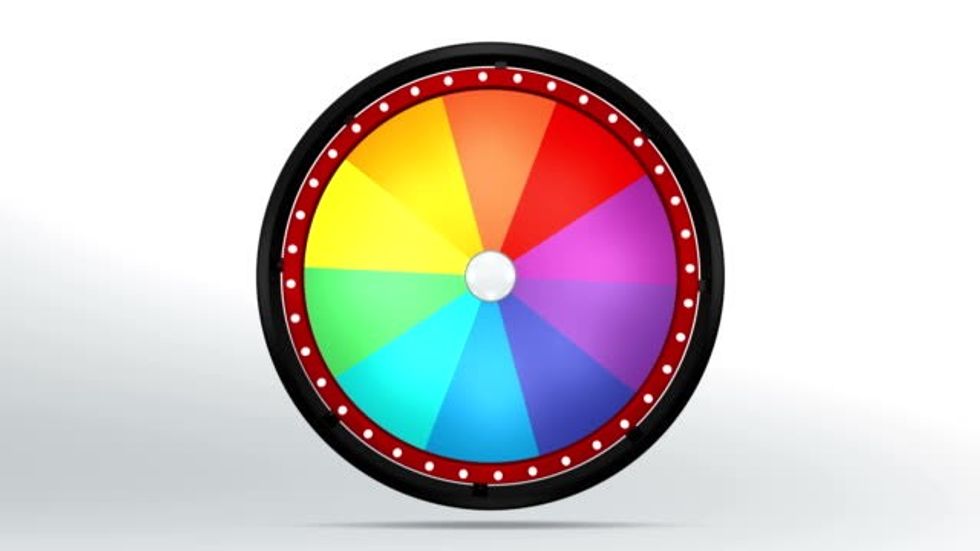 The 31 Best Weed Smoking Games To Try
The 31 Best Weed Smoking Games To Try The Best Weed Smoking Games
The Best Weed Smoking Games The Best Weed Smoking Games to Try
The Best Weed Smoking Games to Try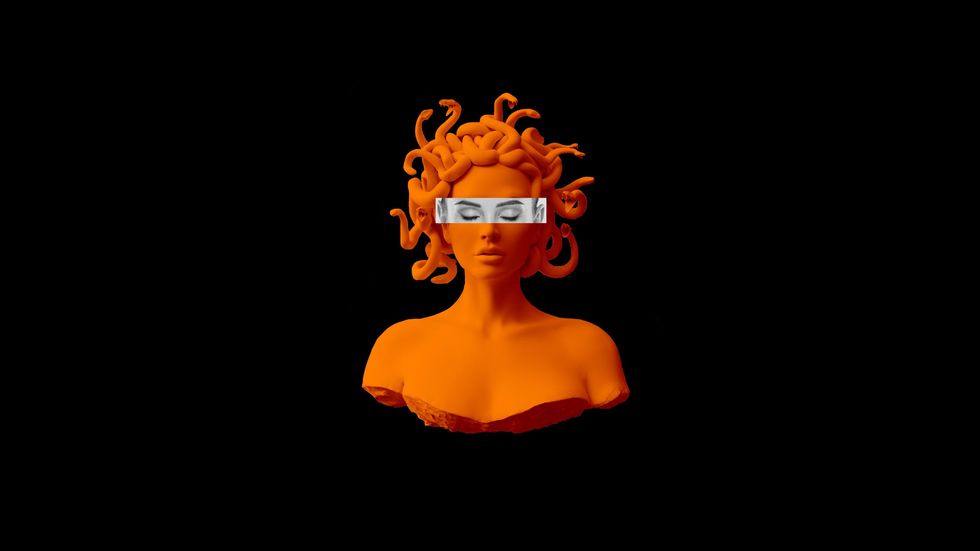
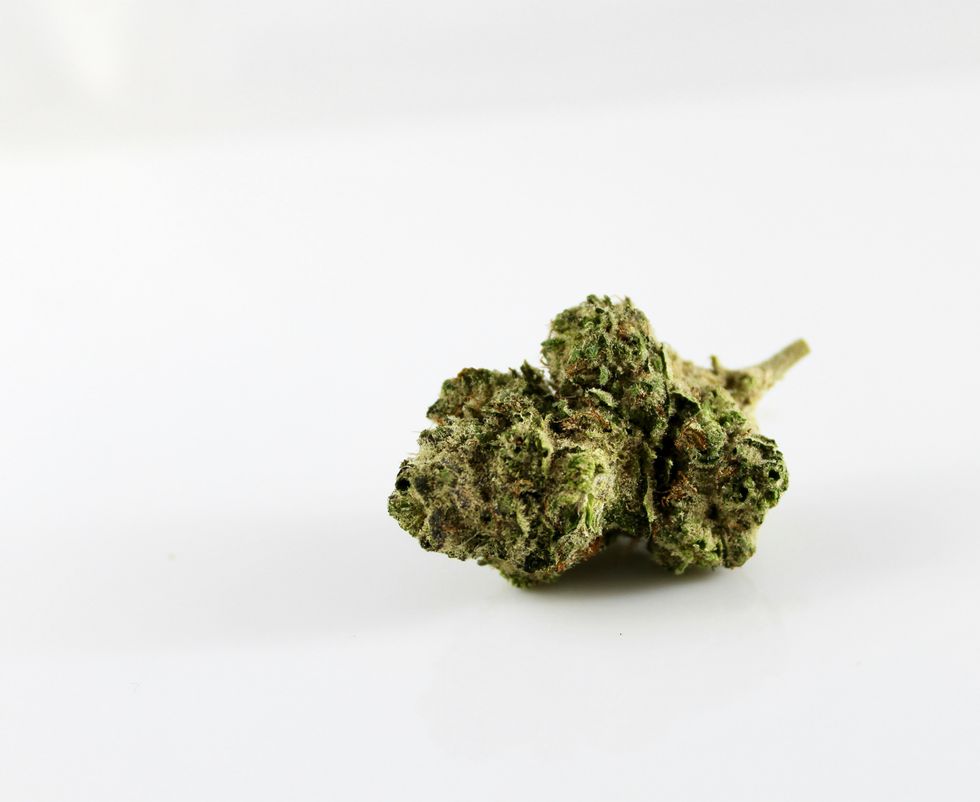
 Stoner Games - Games to Play While High
Stoner Games - Games to Play While High The Best Weed Smoking Games to Play
The Best Weed Smoking Games to Play The Best Weed Smoking Games to Try
The Best Weed Smoking Games to Try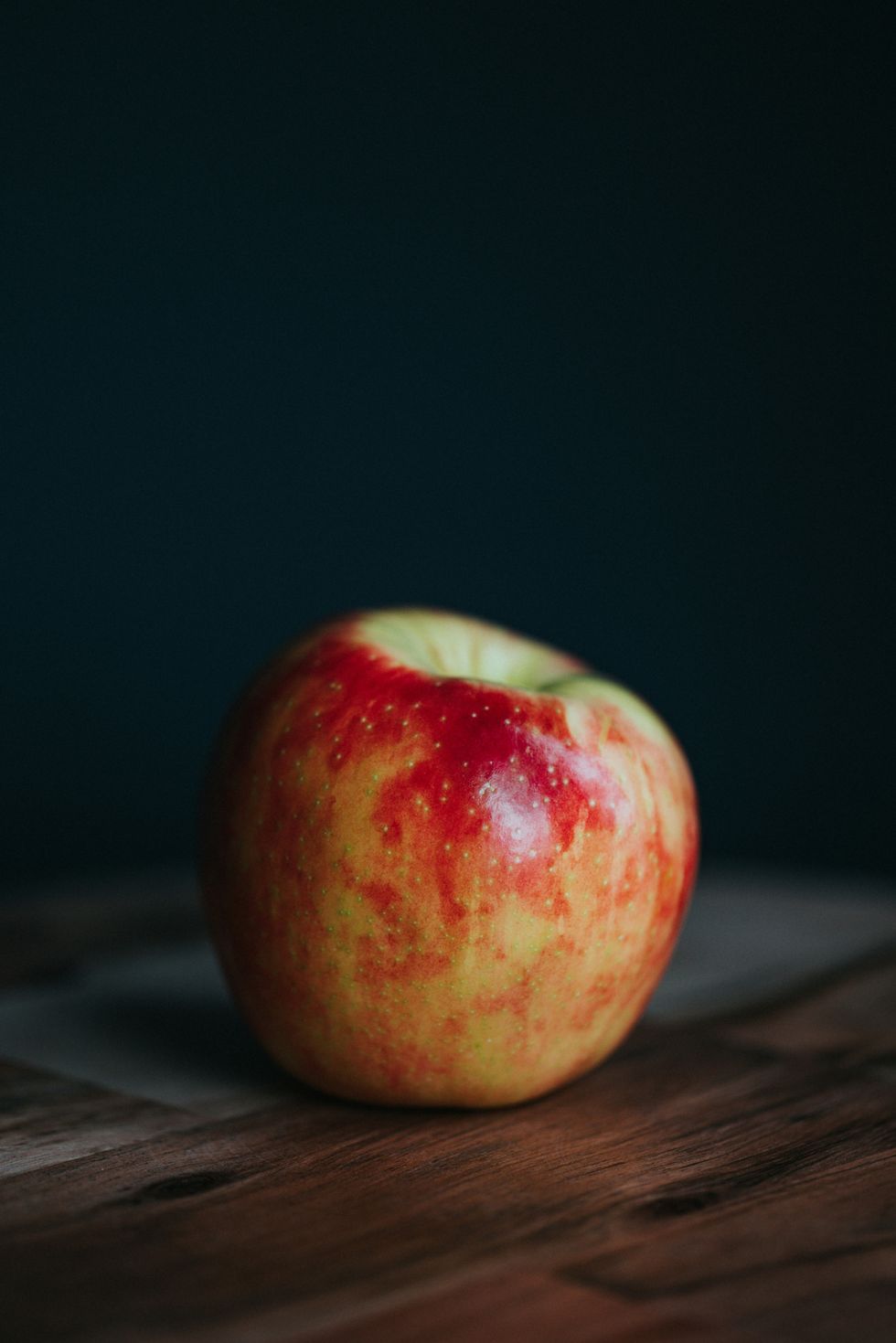
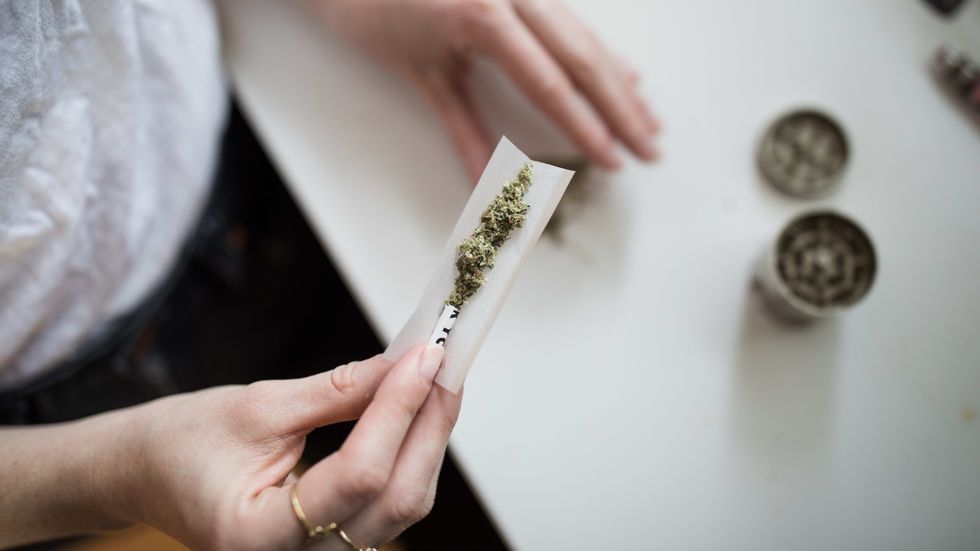 The Best Weed Smoking Games to Try
The Best Weed Smoking Games to Try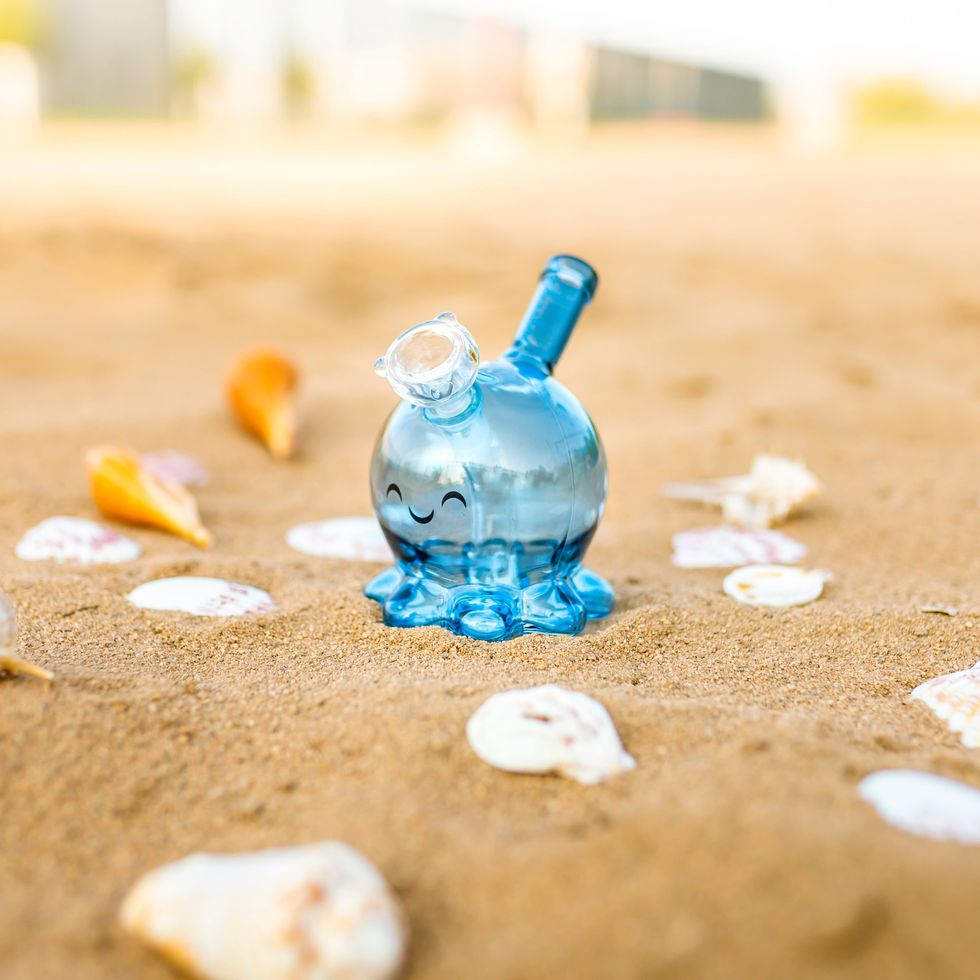
 The Best Weed Smoking Games to Play
The Best Weed Smoking Games to Play The Best Weed Games to Play
The Best Weed Games to Play The Best Weed Smoking Games to Try
The Best Weed Smoking Games to Try The Best Weed Smoking Games to Play
The Best Weed Smoking Games to Play The Best Weed Smoking Games to Try
The Best Weed Smoking Games to Try Games for Stoners
Games for Stoners 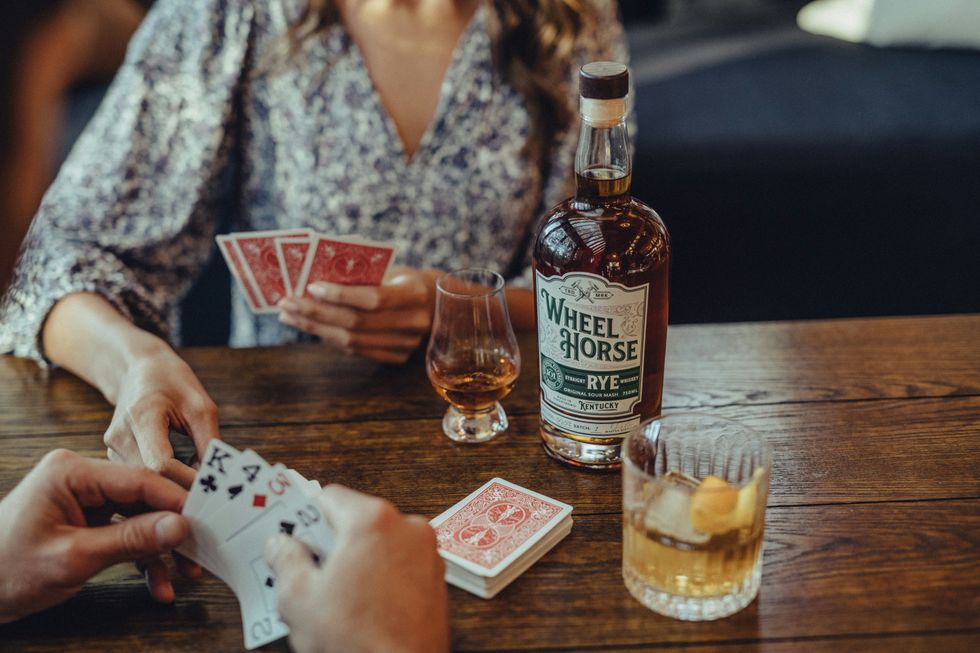 woman in white and blue floral shirt sitting beside woman in white and black floral shirtPhoto by
woman in white and blue floral shirt sitting beside woman in white and black floral shirtPhoto by 
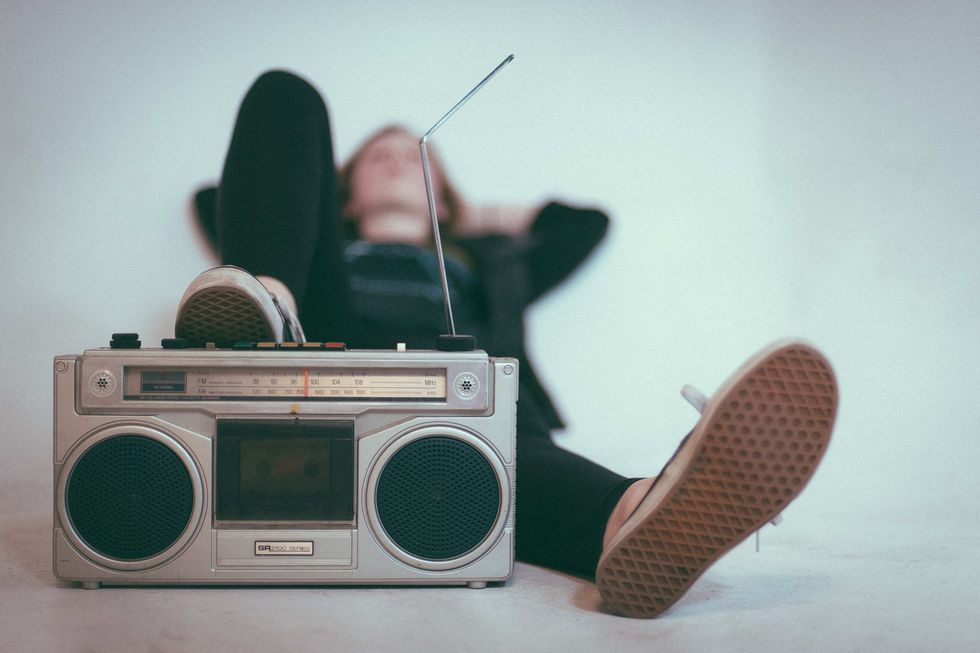 The Best Weed Smoking Games to Play
The Best Weed Smoking Games to Play
 The Best Weed Smoking Games to Try
The Best Weed Smoking Games to Try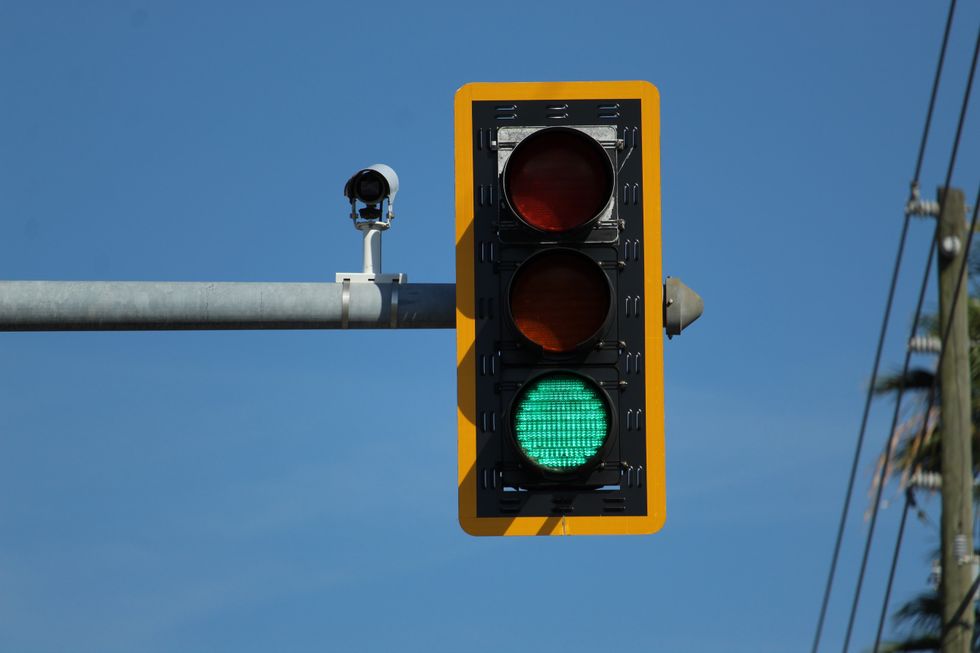 The Best Weed Smoking Games to Try
The Best Weed Smoking Games to Try world map with pinsPhoto by
world map with pinsPhoto by 
 The Best Weed Smoking Games to Try
The Best Weed Smoking Games to Try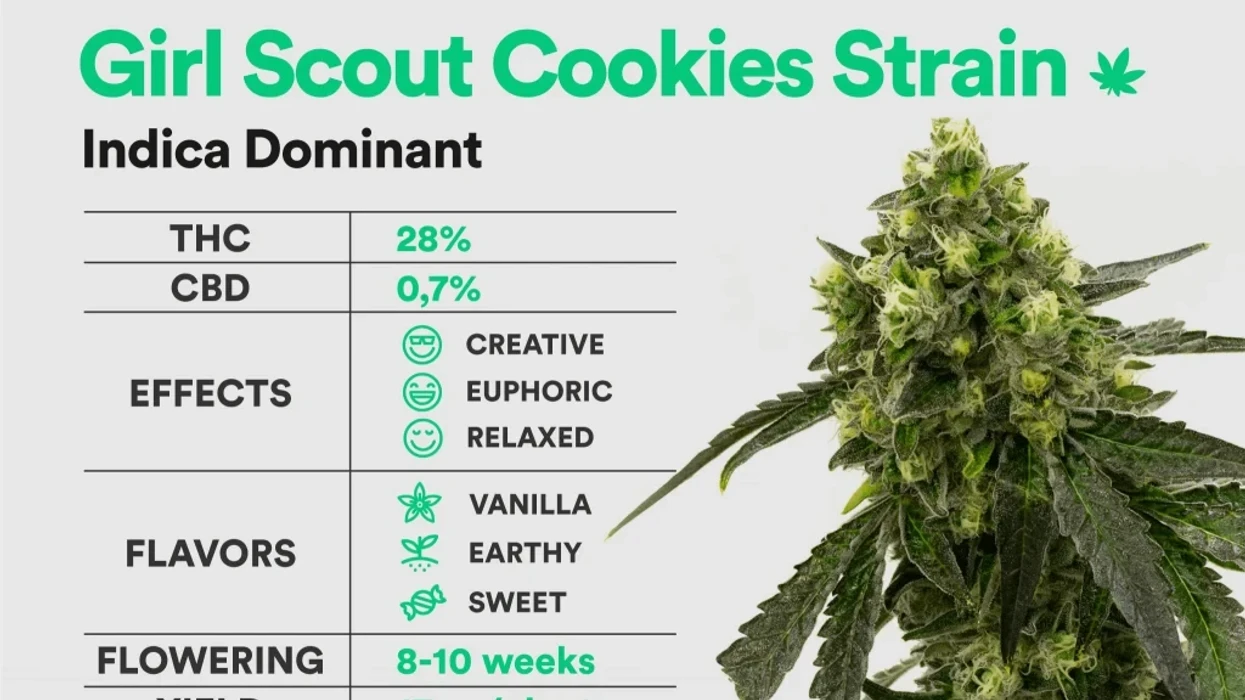
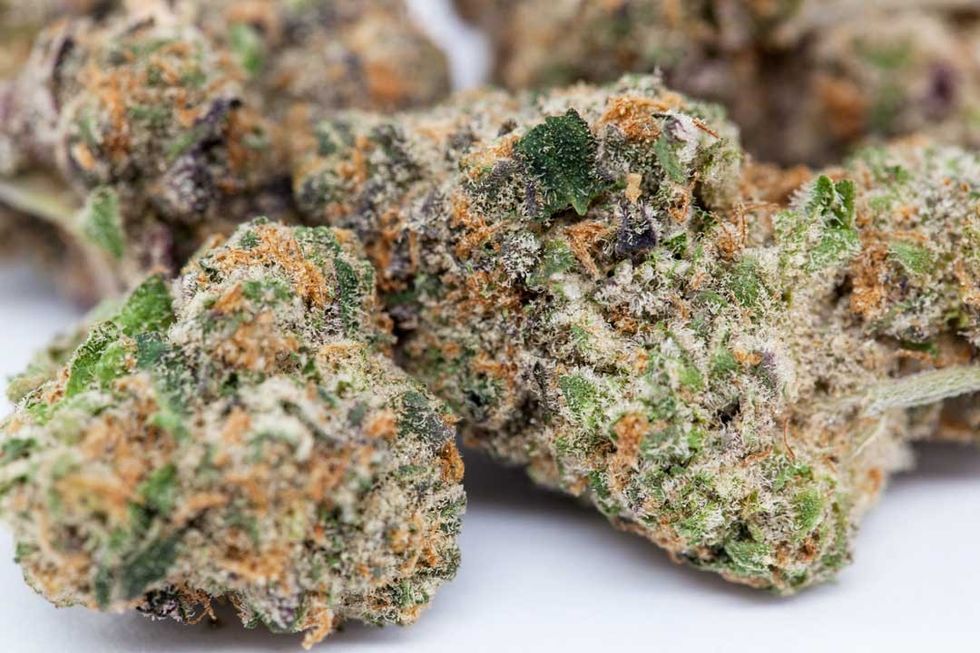 What's Unique about the Girl Scout Cookie Weed (GSC) Strain? - The Bluntness
What's Unique about the Girl Scout Cookie Weed (GSC) Strain? - The Bluntness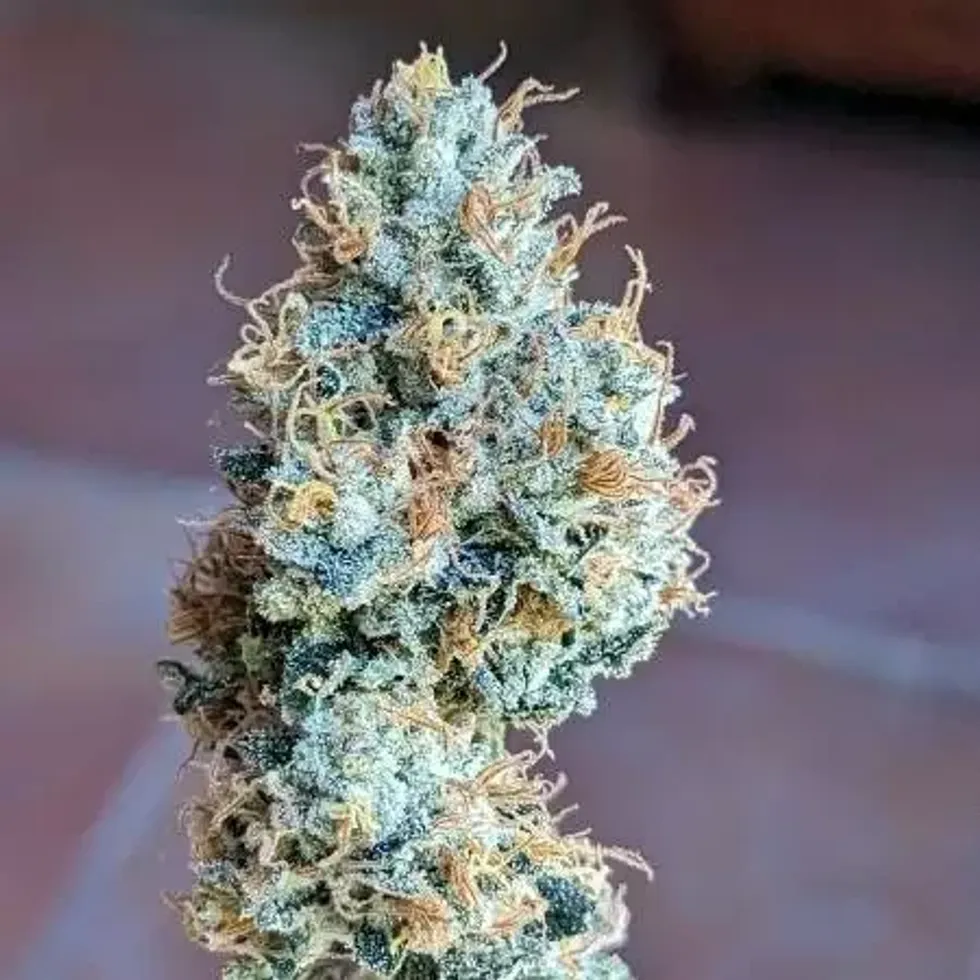 What's Unique about the Girl Scout Cookie Weed (GSC) Strain? - The Bluntness
What's Unique about the Girl Scout Cookie Weed (GSC) Strain? - The Bluntness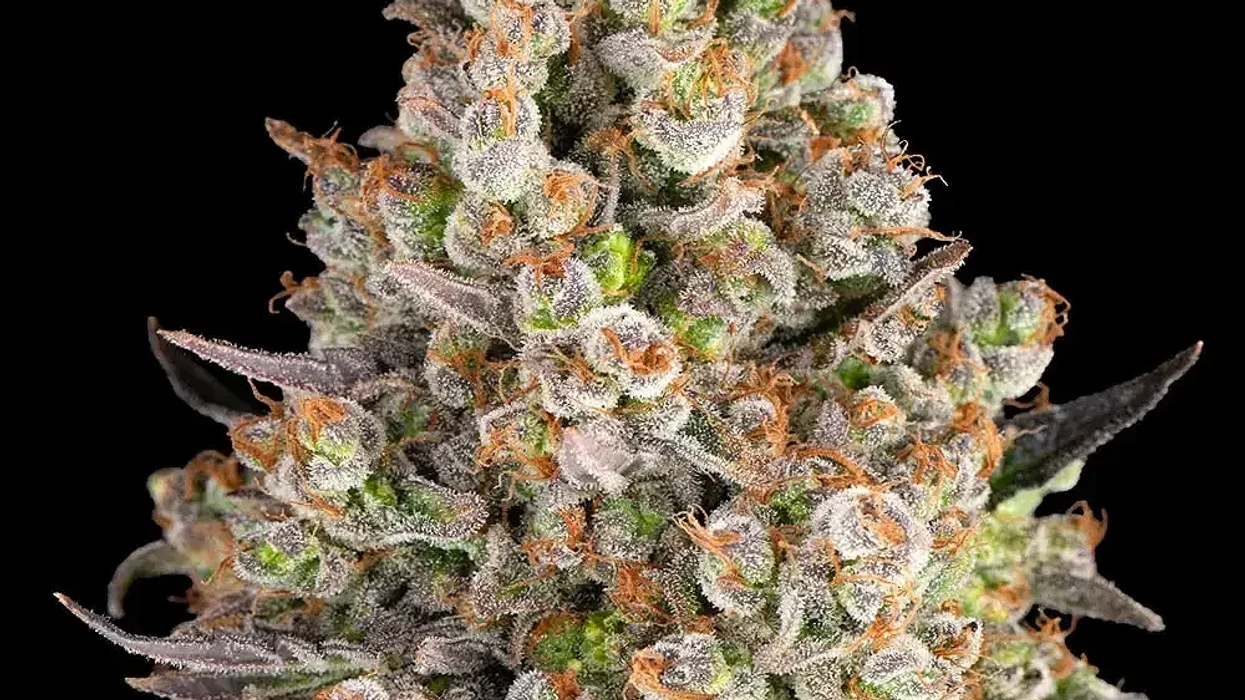
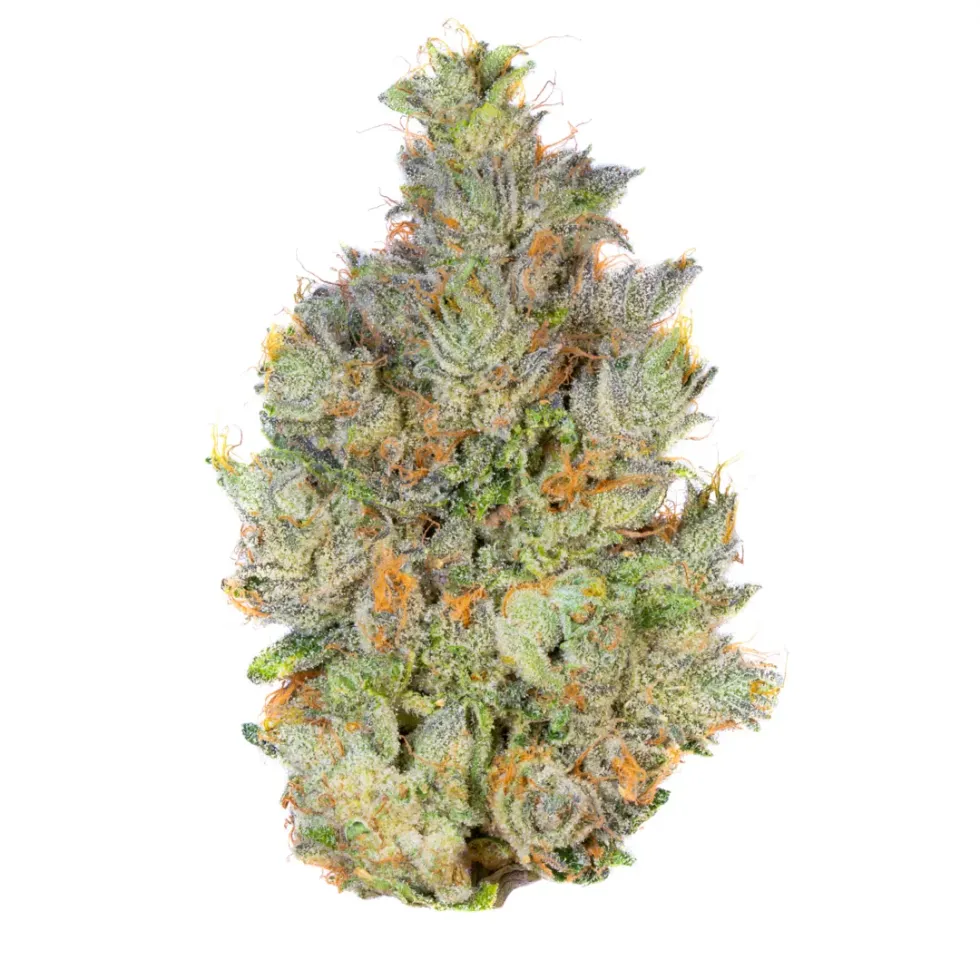 OG Kush Strain: The West Coast Classic That Defined a Generation - The BluntnessAlien Labs
OG Kush Strain: The West Coast Classic That Defined a Generation - The BluntnessAlien Labs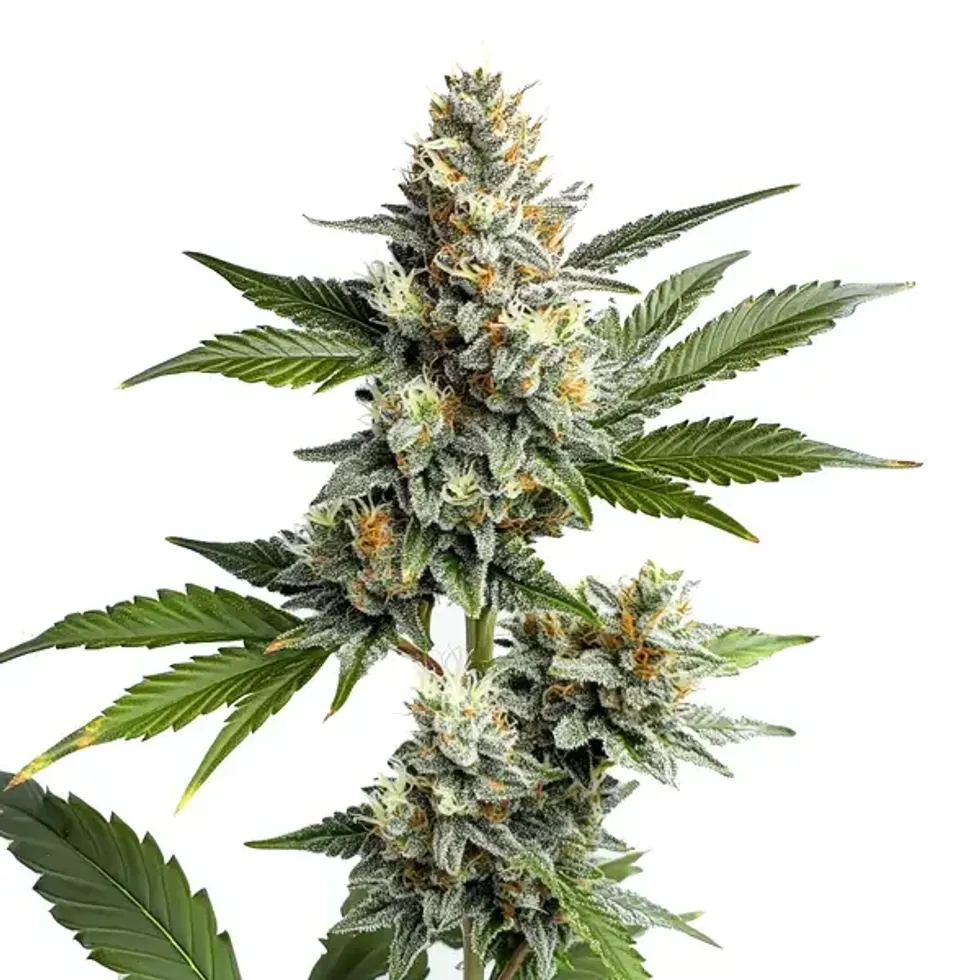 OG Kush Strain: The West Coast Classic That Defined a Generation - The Bluntness
OG Kush Strain: The West Coast Classic That Defined a Generation - The Bluntness